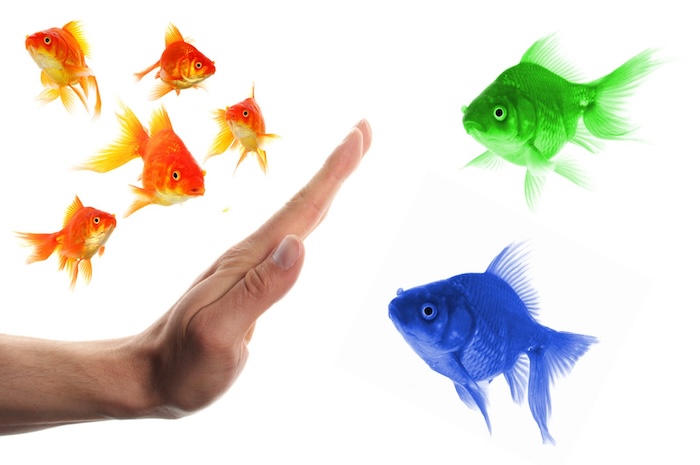Institutional racism in the higher education, universities and scientific research sectors

Institutional racism refers to one community suppressing the other. Stokely Carmichael and Charles V. Hamilton first used the term in their 1967 book Black Power: The Politics of Liberation. In my opinion, institutional racism in the higher education, universities, and scientific research sectors is a pervasive issue. It involves systemic discrimination and bias permeating institutions, policies, practices, and attitudes. This type of racism is often subtly embedded within the fabric of these systems, making it challenging to identify and address.
The history of racism in higher education dates back to the founding of colleges and universities in America. Many of these institutions were established to explicitly train white men, excluding black students from societal leadership positions. As a result, students of colour were excluded from higher education for centuries. Even after formal segregation ended in the mid-20th century, significant barriers to access and success persisted for minority students. Read more

